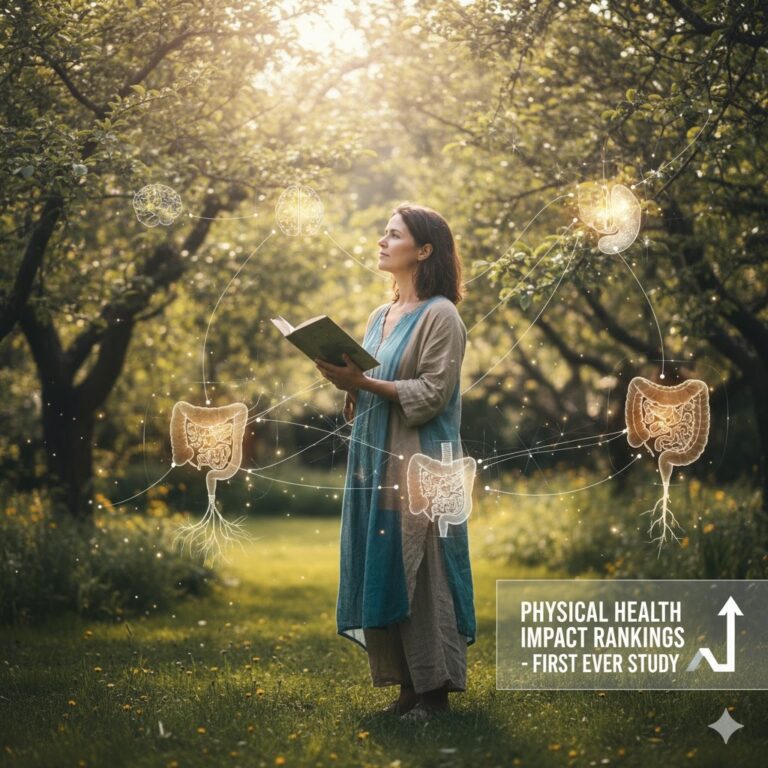Introduction
Interested in whether avoiding meat could be a health boost? Reducing your chances of diabetes, preventing osteoporosis, vegetarian diets have gained some good popularity. But is it all a bed of roses? Let’s explore the pros — and yes, the cons — of living the veggie life.
Understanding Vegetarianism
Types of Vegetarian Diets
When it comes to vegetarianism, one size does not fit all. There are multiple approaches, all of which are represented in the various types of menu.
Lacto-vegetarian
No meat, no eggs — but dairy is fine.
Ovo-vegetarian
Eggs are fair game; dairy, meat not so much.
Lacto-ovo vegetarian
The most common! Dairy and eggs are in, but meat and fish are out.
Vegan
This one’s the strictest. None at all — no meat, dairy, eggs, not even honey.
Most Common Reasons for Becoming Vegetarian
The top motivators here are health, ethics, and the environment. Others prefer not to hurt animals. Others want a smaller carbon footprint, and many are just in it for the health benefits.
Why You Should Consider Going Vegetarian
Lower Risk of Type 2 Diabetes
Research has found that vegetarians are at far lower risk of type 2 diabetes. Why? Plant-based diets are generally lower in fat and calories, and higher in fibre, keeping blood sugar levels stable.
Improved Heart Health
Vegetarians tend to have lower cholesterol levels and blood pressure. Fewer saturated fat means less demand on your heart.
Reduced Risk of Obesity
Plant foods are usually lower in calories, so it’s easier to stay at a healthy weight. And fewer calories in doesn’t mean fewer nutrients, either.
Better Digestive Health
Vegetarians tend to have smoother digestion and more health-promoting gut bugs thanks to fibre-rich foods such as beans, whole grains and veg.
Enhanced Kidney Function
A vegetarian diet also eases the burden on kidneys by lowering the amount of protein overload — animal protein in particular — which can be taxing on kidney function.
Cancer Prevention Potential
Some vegetarian foods are rich in antioxidants and phytochemicals, which may help reduce the risk of certain cancers such as colorectal cancer.
Bone Health and Vegetarianism
Risks of Bone Fracture for Vegetarians
That’s where things get complicated. Some studies have shown that vegetarians, especially vegans, have a slightly increased risk for bone fractures because of lower intakes of calcium and vitamin D.
Calcium and vitamin D concerns
These two are key for strong bones. Dairy is a terrific source, but vegans have to turn to other sources: fortified plant milks, leafy greens and the like.
Feedback Plant-Based Sources of Bone-Strengthening Nutrients
Calcium: Kale, bok choy, almonds, fortified tofu.
Vitamin D: Fortified plant milk, sun exposure.
Protein: Any type of lentils, beans, quinoa.
Health Benefits of a Plant-Based Diet
Rich in Antioxidants
Antioxidant powerhouses are fruits, vegetables, nuts, and seeds. These compounds help counter free radicals that can cause chronic diseases.
High in Fibre
Fibre supports smooth digestion and helps to avoid complications, stiffening the system, (constipation). It also manages blood sugar and cholesterol levels.
Lower in Saturated Fat
Less meat means less saturated fat, which is good news for your heart and arteries.
The Risks of Going Vegetarian
You Are at Risk of Nutritional Deficiencies
Becoming veggie isn’t necessarily healthier — you need to do it properly!
Iron Deficiency
Plant-based iron (non-heme iron) doesn’t absorb as readily. Combining it with vitamin C-rich foods (like oranges or bell peppers) can enhance absorption.
Vitamin B12 Deficiency
Dietary sources of B12 are largely animal products. Vegans must obtain it primarily through fortified foods or supplements.
Omega-3 Fatty Acids
These healthy fats, essential for brain health, are often found in fish. Walnuts, flaxseeds and chia seeds can help bridge the gap.
Bone Health Concerns
As we previously discussed, less dietary calcium and vitamin D can weaken bones if managed improperly.
Protein Intake Challenges
Without meat, you have to be strategic. Combine legumes and grains and nuts, which together provide all of the essential amino acids.
Vegetarianism: A Guide to Healthy Living
Balanced Meal Planning
So ditching meat doesn’t mean ditching nutrients. Eat plant proteins, whole grains, fruits and veggies when planning meals.
Nutrient Supplements
Think about taking supplements for B12, vitamin D, iron and omega-3s, especially if you’re vegan.
Regular Health Check-Ups
Regular blood tests to monitor levels of various nutrients are a good idea. Better safe than sorry!
Vegetarianism and Longevity
Life Expectancy & Prevention of Disease
Numerous studies associate vegetarianism with a longer life, because those who don’t eat meat face lower risks of heart disease, cancer and diabetes.
[PhD, DPT] [Pharmacy] Data types: Sustainable behaviour [PhD, BSc] [Research] Quality of Life in Vegetarians
Vegetarians frequently claim to feel better, lighter and more energetic. Less processed food, more nutrients — how can you not love that?
Conclusion
FAQs
Is a vegetarian diet safe for children?
Absolutely! With careful design, kids can consume everything they need nutritionally. Just be especially mindful of your protein, calcium, iron and B12.
How do vegetarian people get enough protein?
Beans, lentils, tofu, tempeh, quinoa, nuts and seeds are other excellent sources. And, since different plant proteins tend to lack certain essential amino acids, if you combine different plant proteins you ensure you get all amino acids.
Can vegetarians escape bone fractures?
Yes — by making sure they get sufficient calcium, vitamin D and protein. Foods fortified with omega-3 and supplements can help.
Which supplements should vegetarians take?
B12, vitamin D, iron, and omega-3s are common supplements people take if they’re vegetarians — particularly vegans.
Vegetarians have a lower risk of diabetes
Yes! Vegetarian diets high in soluble fibre and low in saturated fat lower the hazard of developing type 2 diabetes. Read more








